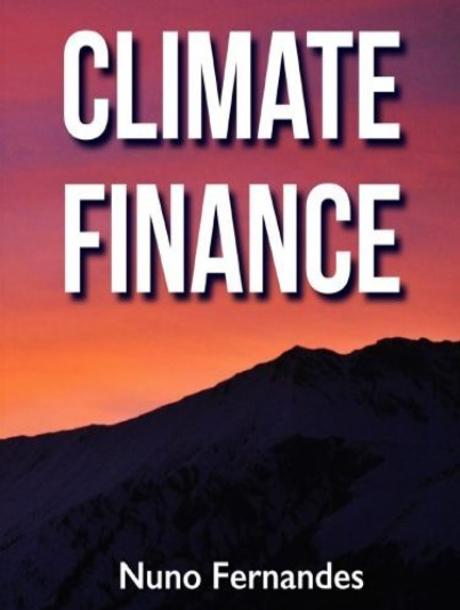
Climate Finance
If your work deals with finance, you must understand how the real-world impacts of climate change are reshaping stakeholders’ expectations. Businesses cannot sit back and be passive spectators of the government’s actions. Rather, they need to participate in efforts to combat climate change and contribute in different ways. Many long-term investors are increasingly concerned that failure to act could endanger the long-term returns on their assets. BlackRock CEO Larry Fink has already issued several warnings in letters to shareholders.
Climate Finance will help you act in a positive way. It provides a comprehensive overview of climate-related financial issues. Finance is about linking demand for capital to suppliers of capital. Defined in this broad sense, finance (including financial players such as shareholders, debtholders, capital markets, regulators/central banks, and boards) has an important role to play in tackling the challenges ahead. The book covers every aspect of climate-related finance and disentangles the complex layers of decision-making around it.
Reviews
Prof. Fernandes delivers, in very comprehensive terms, a pragmatic finance bible indispensable for any manager. Finance experts will learn a lot about ESG, and ESG experts will acquire the solid finance foundation they need to understand how these two areas complement each other. This green finance bible comes at the right moment to make sure that all stakeholders are aligned in terms of knowledge and expectations.
Our success in the transition to a sustainable economy will define our generation. Ensuring an adequate financing for such transition is key. This book provides an excellent and thorough overview of the areas and the challenges confronting the financial industry to help in that process. Any person interested in how finance will evolve in the coming years should be interested in this book.
How should trillions of dollars of private capital be mobilized to tackle climate change? It is an extremely important moral question with global ramifications. Thankfully, Nuno Fernandes has written the book we have been waiting for. It is timely and relevant for corporate officers, shareholders, bondholders, asset managers and owners, regulators, and bankers. He proves throughout the book just how financial decision-making and climate-change-related risks are inextricably linked.
This holistic yet nuanced book sheds new light on the often-obscure world of climate finance. Nuno Fernandes offers a balanced perspective on the funding gap between investors (of all shapes and sizes) and the climate emergency, highlighting concrete options for actors on both the demand and supply sides. As an advocate for sustainable finance, I wholeheartedly recommend Climate Finance to anyone who cares about strengthening the links between funding and sustainability – which, given the severity of the climate crisis, should be all of us.
ESG is the latest expansion of a CFO’s role in the roaring 2000s. Climate Finance offers a one-stop shop to explain how finance can impact the ESG agenda and ultimately create a brighter future.
Climate change is the challenge of this century and has become the dominant issue shaping finance. Close to 40% of global financial assets are now managed with an eye to environmental and climate impacts. Nuno Fernandes provides the most cutting-edge and complete coverage of all the main climate finance issues. The book is very approachable with clear takeaways. It is a perfect introduction for practitioners and MBA students looking to deepen their knowledge of this important area.
